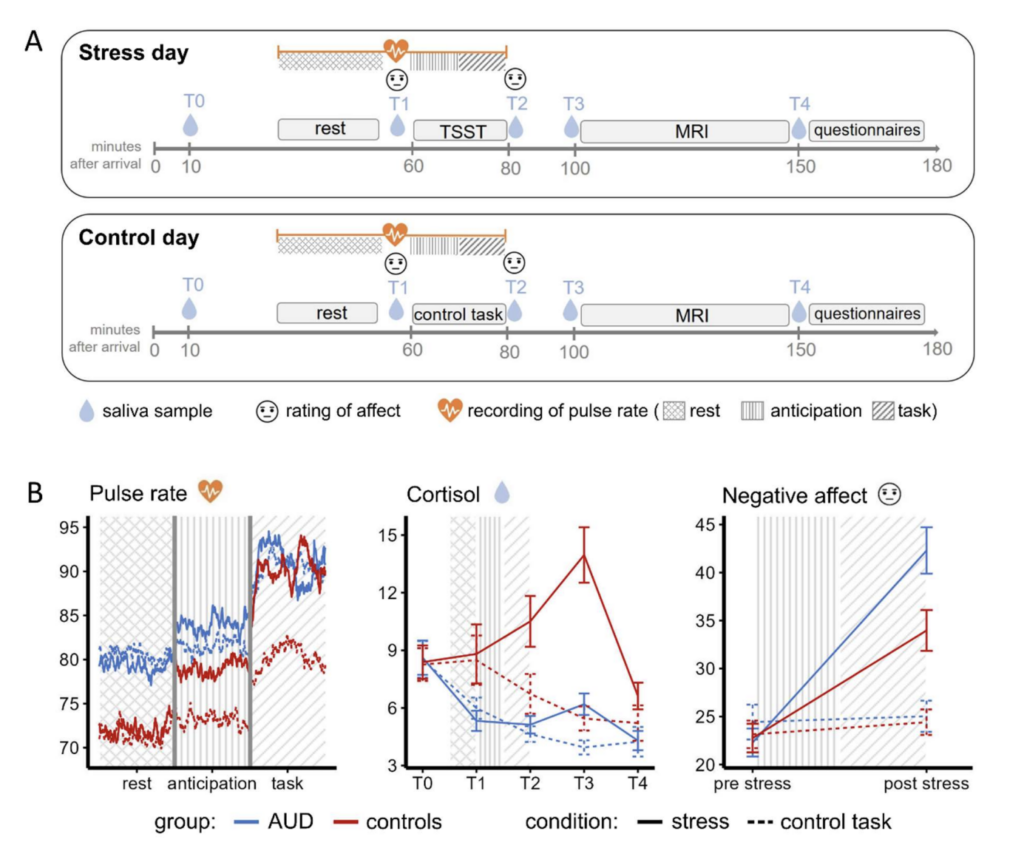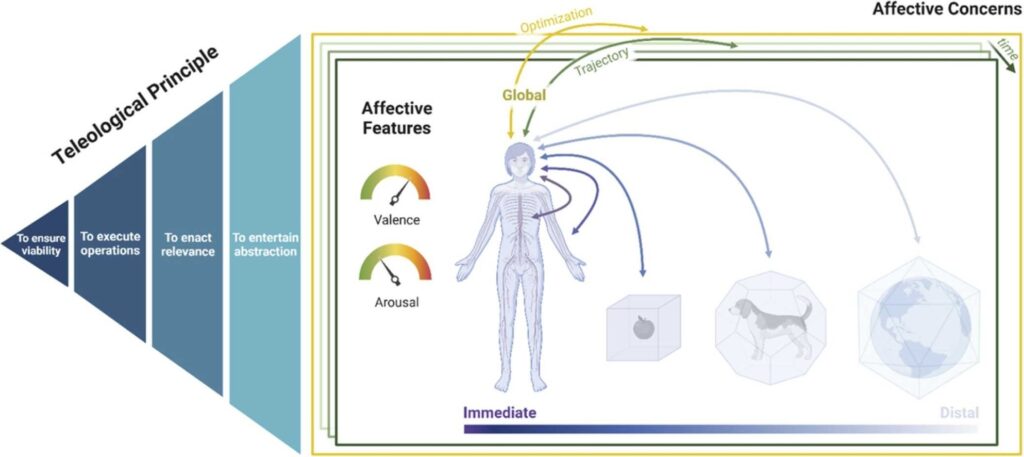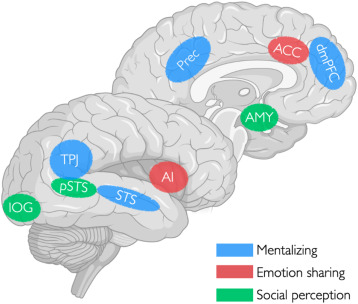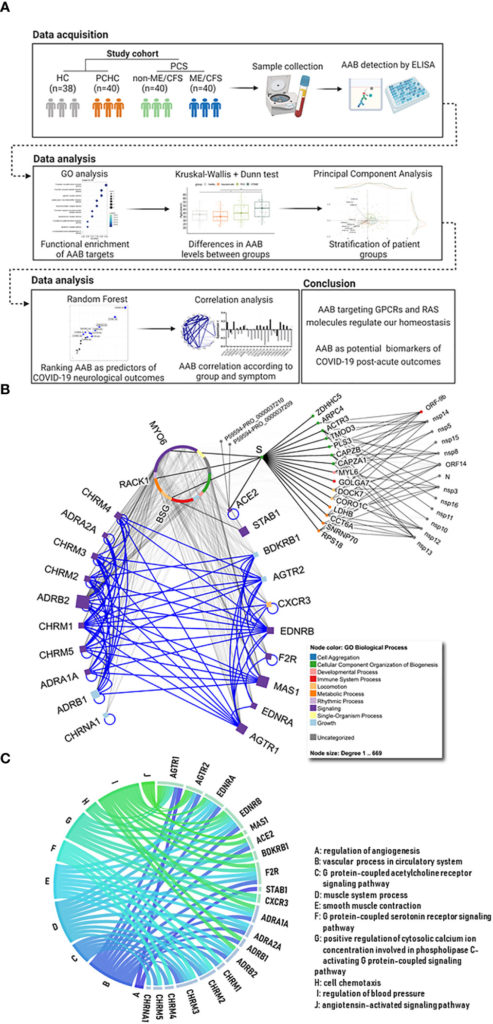Altered physiological, affective, and functional connectivity responses to acute stress in patients with alcohol use disorder
Background There is evidence that the processing of acute stress is altered in alcohol use disorder (AUD), but little is known about how this is manifested simultaneously across different stress parameters and which neural processes are involved. The present study examined physiological and affective responses to stress and functional connectivity in AUD. Methods Salivary cortisol […]









